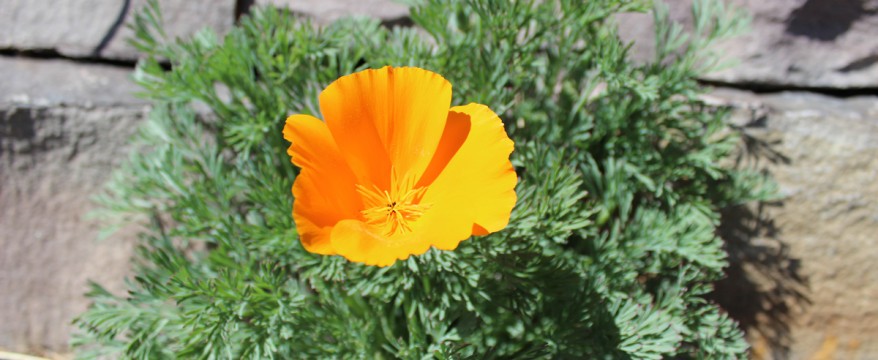Navigating Disorientation
I imagine that many interested in self-exploration become familiar with the cascade of feelings that seem to arise as we embark on new and unfamiliar experiences. Going to a Holotropic Breathwork workshop, for example. Filled with sensations ranging from excitement to anxiety, curiosity to fear, we bravely head into the unknown in service of our own healing and transformation. What we might not think about is that it is this very act of destabilizing our sense of familiarity that invites change.
In general, we instinctively avoid rocking the boat of our life. When familiar and habitual ways of being are destabilized, it is usually not through choice, but rather because of chance events: sickness, accidents, divorce, death, and so forth. At such times, the stories that we tell ourselves about how life works, and what is true, right, and trustworthy, seem to unravel. We are undone and we wander in confusion for a while. Then, at some point, we begin to construct new stories, new ways of making sense of life. If we have good guidance – inner or outer – we can grow and become wiser through such experiences, and our capacity for living and loving becomes deeper.
How courageous, then, to step intentionally into disorientation – to invite the destabilization of our beliefs, and fond attachments to the familiar. Yet this is exactly what it takes to transform. If we allow ourselves to become dis-oriented in small ways, in safe contexts, in a community of friends, with good guidance, then our recognition of who we are, and what it is to be human, may become greater.
Of course, that’s not the whole story. Disorientation, and recognizing a larger view, also involves the loss of what was: ways of being and interacting in the world that may no longer be acceptable to us. In a very real sense, when we experience transformation something in ourselves will die and fall away. As with a death, we may need to grieve, or bargain, rage against the loss, or fight against what is now demanded of us in our new life. This is the point at which the pull to fall back into the comfortable – if unsatisfactory – old ways of being is likely to be strongest.
When we feel destabilized and ‘tossed around’ following a profound experience or insight, reflective practices can be our greatest friend. If we can hold ourselves with compassion and determination, we can deepen into the learning that lives within the intensity and rawness of the moment. We can discover new meaning from what is revealed if we stay friendly to our experience. Journaling, writing poetry, painting, and congruent forms of therapy are among the many practices that can support us on the path of self-discovery.
As Gandhi so famously said: “We must become the change we want to see in the world.” Embracing the gift of disorientation is at the heart of that becoming.


